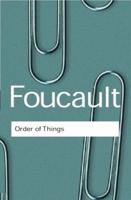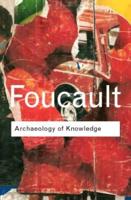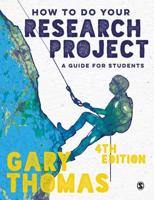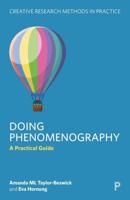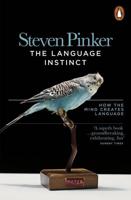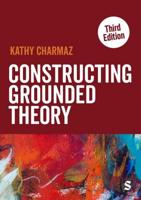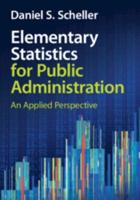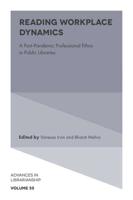Publisher's Synopsis
Following the increasing emphasis in the classroom and in the field to sensitize researchers and students to diverse epistemologies, methods, and methodologies - especially those of women, minority groups, former colonized societies, indigenous people, historically oppressed communities, and people with disabilities, author Bagele Chilisa has written the first research methods textbook that situates research in a larger, historical, cultural, and global context with case studies from around the globe to make very visible the specific methodologies that are commensurate with the transformative paradigm of research and the historical and cultural traditions of indigenous peoples.
Chapters cover the history of research methods, colonial epistemologies, research within postcolonial societies, relational epistemologies, emergent and indigenous methodologies, Afrocentric research, feminist research, language frameworks, interviewing, and building partnerships between researchers and the researched. The book comes replete with traditional textbook features such as key points, exercises, and suggested readings, which makes it ideally suited for graduate courses in research methods, especially in education, health, women′s studies, cultural studies, sociology, and related social sciences.

